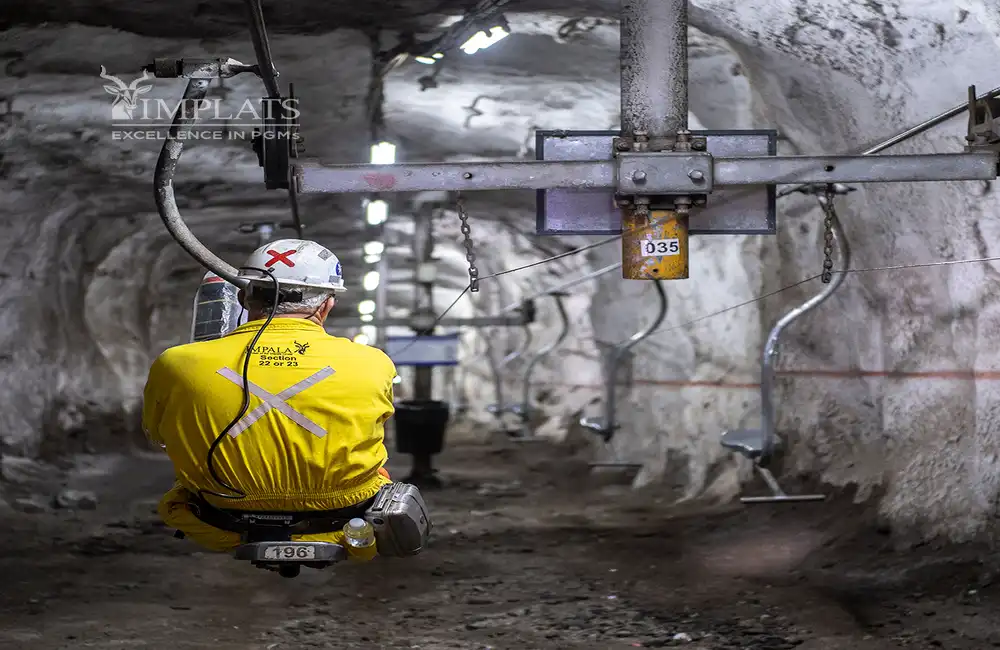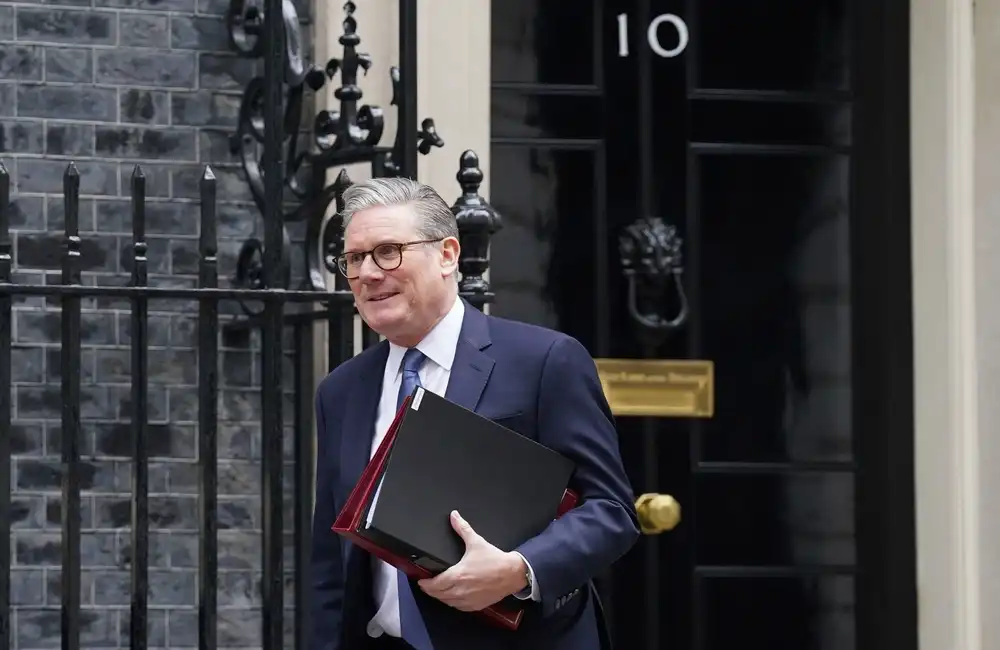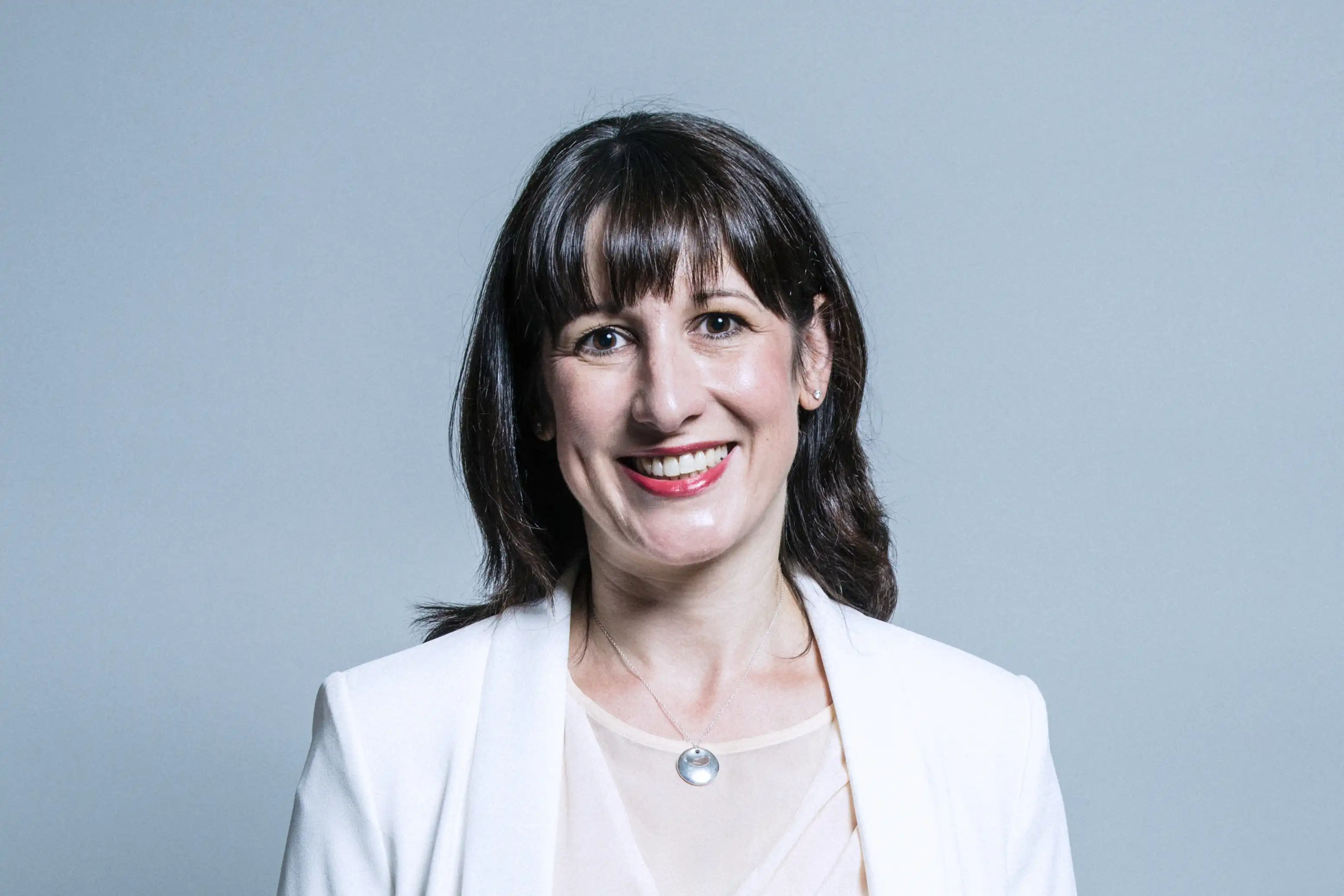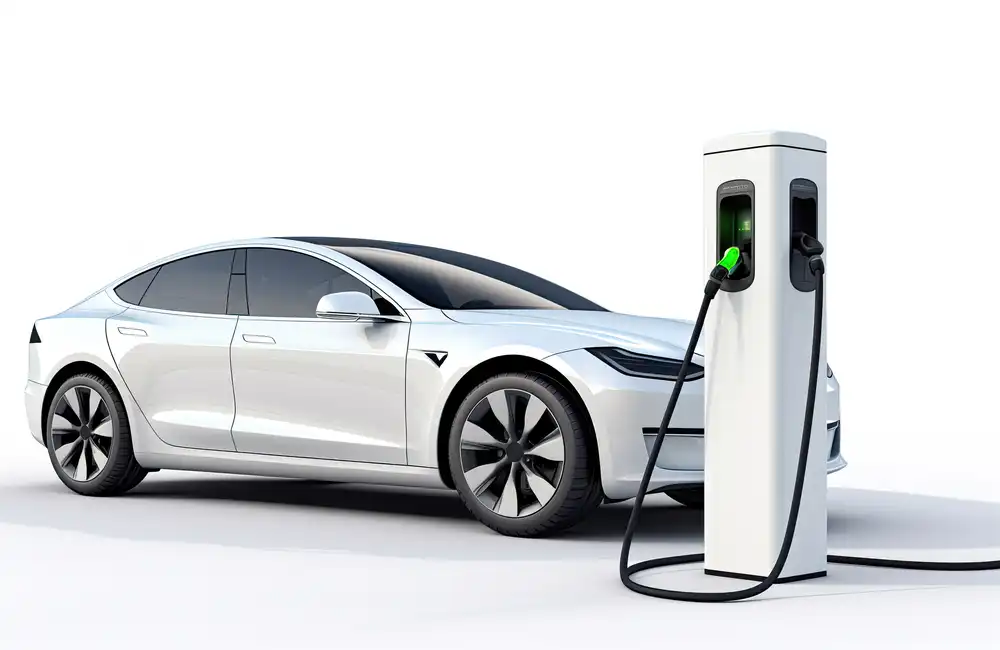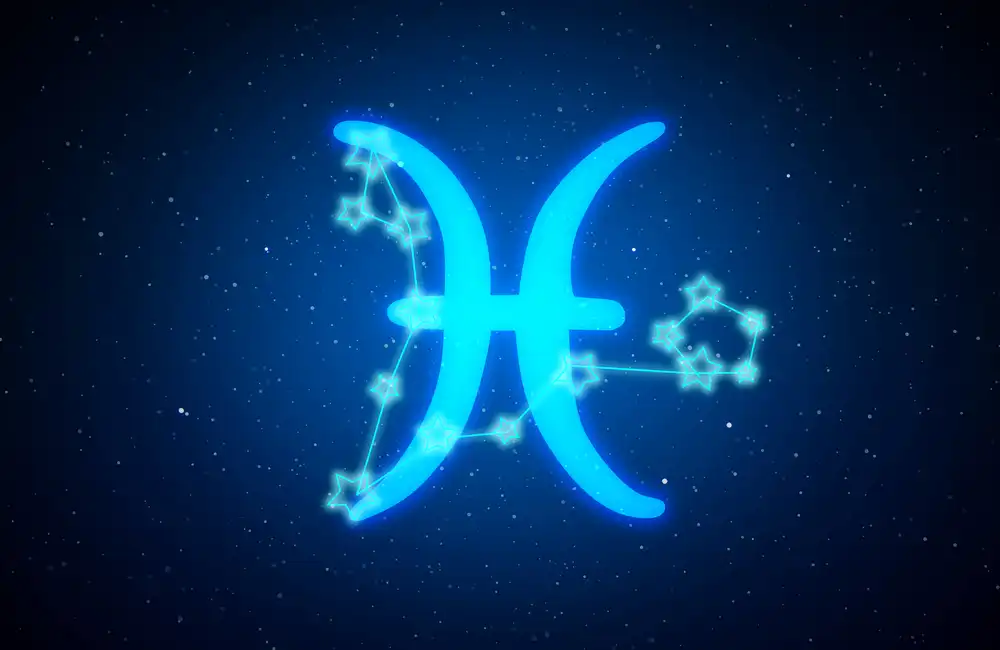The London diplomatic talks have revealed a groundbreaking peace framework to address Ukraine's conflict situation.
A joint UK-EU delegation leads the proposals, which aim to establish a sustainable peace agreement by implementing mechanisms to secure long-term stability and safety in the region.
The unveiling follows months of consultations and demonstrates a united European effort to solve one of its most persistent conflicts with dialogue-driven solutions strengthened by international cooperation.
Key Proposal Elements
Autonomous Security Zones
Demilitarised zones will be set up in contested areas to minimise frontline clashes and reduce civilian harm.
Humanitarian Corridors
Protected passageways will enable safe civilian evacuations and humanitarian assistance to conflict-affected areas.
Enforcing Ceasefire Compliance
A NATO-led monitoring operation with European representatives will oversee adherence to ceasefire agreements.
UK-EU Coordination
The proposals showcase an unprecedented partnership between the UK and EU, combining diplomatic expertise since Brexit.
Officials collaborated with Ukrainian and neighbouring country representatives to ensure shared strategic priorities.
NATO and US Reactions
NATO called the initiative a “positive step towards de-escalation” and vowed continued support for Ukraine’s sovereignty.
The US State Department praised it as “thoughtful” but stressed the need for every warring party, including Russia, to participate.
Expert Analysis
Dr Eleanor Reid said the framework offers a layered solution by learning from past peace process failures.
Martin Schreiber warned success hinges on broad international backing and effective geopolitical management.
Implications for Conflict Resolution
The plan integrates security, humanitarian and diplomatic measures to address the crisis more holistically.
However, it relies on extensive multilateral cooperation and faces logistical challenges in active conflict zones.
Outlook
The proposals must go to the United Nations to secure wider support, while diplomatic talks with Moscow and Kyiv continue.
Upcoming sessions with NATO allies will refine enforcement mechanisms and test the framework’s feasibility.


